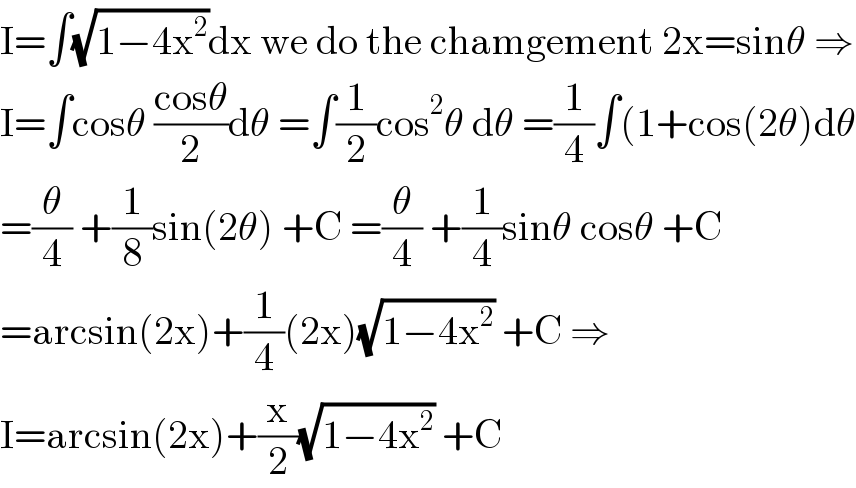
Question and Answers Forum
Question Number 136458 by aurpeyz last updated on 22/Mar/21

Answered by mathmax by abdo last updated on 22/Mar/21

| ||
Question and Answers Forum | ||
Question Number 136458 by aurpeyz last updated on 22/Mar/21 | ||
 | ||
Answered by mathmax by abdo last updated on 22/Mar/21 | ||
 | ||
| ||